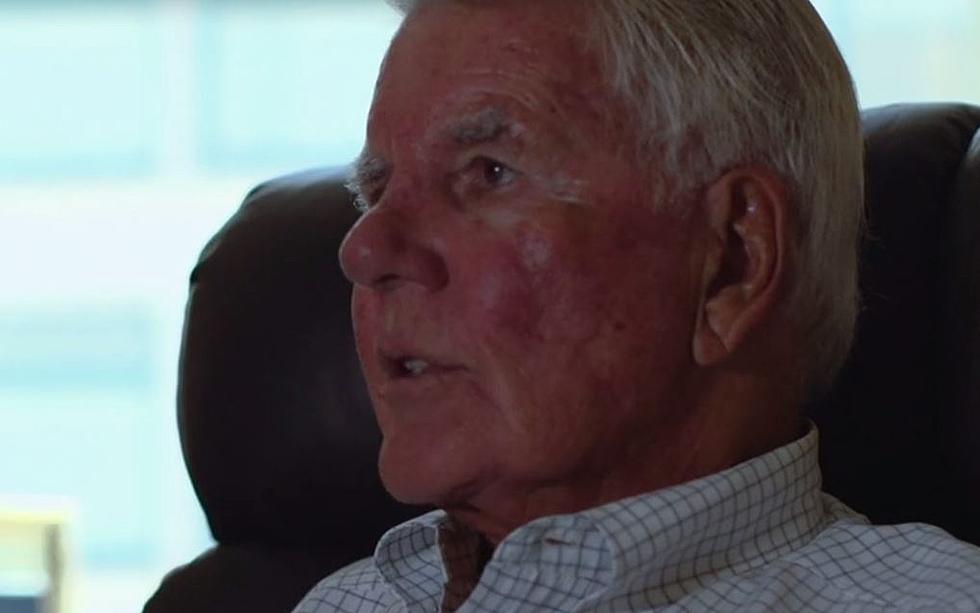
Throwback Thursday: Meet the Pasco Milk Man!
Before grocery stores had refrigerated aisles the Milk Man would rove town delivering fresh milk and other produce. Their role was so important to the survival of Pasco that men delivering milk were exempted from military service during World War II. Deliveries were usually made late at night or early in the morning to keep the milk cool. The following article about the role of milk men in building the community was written by Susan Faulkner, Oral History Coordinator for the Franklin County Historical Society:
Got Milk?
In today’s age of clipping coupons and shopping for the best grocery store bargain, it may be hard to imagine the delivery of groceries to your front door. It may also be hard to imagine a daily existence without at least one car and one refrigerator in your home. Milk, however, is not hard to imagine. In 1993 the California Milk Processor Board began an advertising campaign of “Got Milk?” which quickly summarized the importance of milk in our pantry inventory.
Commercial milk has been a staple in most households since the late 1800s. It has been promoted for generations as necessary for healthy growing bodies. Large cities of the 1870s commonly had city dwelling cows to facilitate easily accessible milk. Over time the quality of this milk became tainted due to the lifestyles of these city dwelling animals and they were relocated to greener pastures, outside of town. In order to bring the milk to those needing it, the job of the Milk Man became vitally important. In the early 1900s Pasco had several dairy farmers, but probably the best known was Frank and Lura (Wallace) Harris who started their showcase Diversity Farm around 1912.
The Harrises and their children not only milked cows and delivered the goods to many households in Pasco, but they also raised chickens, ducks, turkeys, geese and sheep. Vegetables were also cultivated from their beautiful gardens. From time to time these items and their products were also available from the milk truck.
Milk processing and delivery were a daily process. Bottles were hand-washed and put in a steam chest for sterilization. “[The Harrises] were really meticulous about cleanliness and steaming bottles and things. Early on, nobody had any refrigeration. Hardly anybody had ice. [Customers expecting delivery] had a box out in the yard covered with burlap and water running over it to keep the milk as cool as they could. In the summertime [the Harrises] ran the route morning and night because the milk wouldn’t keep if it was sitting in the sun for any time.”
Residents would collect their orders from these boxes and leave a note stating what they would like in their next order. Specialty items could be purchased if they were able to catch the Milk Man during his delivery. He maintained a variety of inventory in his truck, cooled with blocks of ice.
Milk delivery was not only important to local homes and eating establishments, but also to Our Lady of Lourdes Hospital and the local jail. These deliveries from the Diversity Farms Milk Man were an integral part of Pasco’s survival. During World War II the position of Milk Man was considered so important that the driver was exempted from the military because he was serving the community.
By the 1960s most houses had refrigerators and the position of Milk Man began to lose its importance. It became easier to drive to the store and get a gallon of milk or a dozen eggs when needed instead of waiting for the delivery. We still ask that age old question, “Got Milk?” but the answer is now visualized with a quick hop in the family car and a run to the store.
- 1
More From 102.7 KORD
![Tour Richland’s ‘Demigod of the Sea’, The USS Triton Submarine [PHOTOS]](http://townsquare.media/site/112/files/2022/10/attachment-Untitled-design-97.jpg?w=980&q=75)






![Throwback Thursday: Did You Get More Excited for the 2006, 2014 or 2015 Super Bowl? [POLL]](http://townsquare.media/site/112/files/2015/01/Allen-Kee-Getty-Images.jpg?w=980&q=75)

